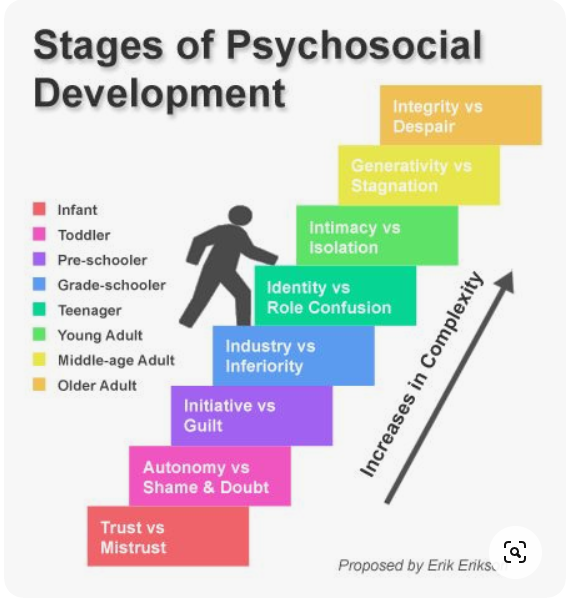How to pick guardians for your child
5 Common Mistakes When Choosing A Guardian
Choose a Legal Guardian As Soon As Possible
Do you have a Last Will & Testament written? What about your wishes for your children? It’s not something you think about every day, but it should be. Your estate is one thing, but your children’s well-being should be top priority. Your will should include the names of the legal guardians to take care of your minor children should you become disabled, pass away, or otherwise be unable to provide for your children. Plan your estate with Angermeier and Rogers.
Before you name a guardian, be careful to not make these 5 common mistakes:
1. Not thinking long-term
What if one of the guardians passes away before you update your will, and the other one isn’t able to take on the role themselves? Creating a backup plan to answer the ‘what-ifs’ is a smart move, and gives you complete control of your children’s well-being even if you’re incapable or deceased.
2. Not providing detailed instructions on how your children should be raised
Do you have a certain school you want your children to attend? What about their nutrition or religion? As a parent, your wishes should be honored. While you cannot guarantee your child learns ballet or plays soccer, you can at least make your wishes of how and where they are raised known.
3. Naming
only 1 guardianSelecting 3 or 4 different guardians secures your children’s future, especially if your first, or even second choice doesn’t work out for some reason. Carefully selecting several backup guardians guarantees that your children will be under safe care, no matter what happens.
4. Not specifying who you
don’t want raising your childrenYou have your opinions on who you don’t want as your minor’s guardian. Share them in writing! Documenting who you want and don’t want will settle arguments, even if your extended family members disagree with your choice of guardian. If you are divorced and have primary custody of children from that union, you will definitely want to make it clear how much influence your former spouse can have.
5. Choosing a specific person just to appease them
Don’t select a specific person as a guardian just to appease them. Whether they are friend or family, you should not be pressured into naming a guardian if you do not have 100% certainty they will follow your wishes. It is ultimately YOUR DECISION as a parent to choose who raises your children if you’re unable to do so.
Whether they are friend or family, you should not be pressured into naming a guardian if you do not have 100% certainty they will follow your wishes. It is ultimately YOUR DECISION as a parent to choose who raises your children if you’re unable to do so.
5 Factors to Consider When Naming a Guardian for Your Minor Children
In the unthinkable situation you are left unable to care for your own children due to injury or death, you need someone you trust to ensure they grow up loved. If you do not have a legal guardian, your children could wind up in the foster system or child services where siblings might be separated. The earlier you name a guardian who knows your wishes, the less difficulties there will be in the transition.
Naming a guardian for your children is one of the most important decisions you’ll ever make in your life. Here are 5 factors to consider when naming a legal guardian for custody of your minor children:
1. Parenting Skills
Your best friend or close relative may always be up for an afternoon of babysitting, but are they ready to raise kids 24/7? You want a guardian who is good with kids and is able to take care of them like a parent. Do they have kids of their own? It might be beneficial for the named guardian to already be a parent, so they know how to love and raise children.
Do they have kids of their own? It might be beneficial for the named guardian to already be a parent, so they know how to love and raise children.
2. Location & Living Situation
If something should happen to you, your children would move into the guardian’s home. It’s a rare case where the guardian would move into your house instead. Does the potential guardian live in a dangerous neighborhood? Is it an ideal living situation? Are there good school districts nearby? These are important questions to consider when thinking about your children’s future and well-being. There’s a good chance your kids would continue growing up in that particular environment.
3. Religious & Moral Beliefs
If you have certain religious beliefs and morals, choosing a guardian who lives by similar standards is essential. You want your children to be raised under the same principles, and while finding a guardian who aligns 100% with your beliefs might be difficult, settling for someone close to yours is far better than no morals at all. It is worth noting that godparents are not recognized as legal guardians; however, you can certainly name your child’s godparents as their legal guardians.
It is worth noting that godparents are not recognized as legal guardians; however, you can certainly name your child’s godparents as their legal guardians.
4. Stable Job & Financial Situation
The potential guardian’s job situation and financial stability is a very important factor to consider, as adding children into the mix will raise their living costs exponentially. However, a financially well-off guardian who doesn’t really like children may not be appropriate. Consider setting up a trust for your children so their guardian may raise them with financial stability. YOU have to determine the better guardian for child custody.
5. Age & Stage of Life
When searching for guardian candidates, their age and where they are in life is another crucial factor. A young candidate might be too focused on their career and starting a family of their own to care for your children; however, an older candidate might not be ready to parent again. Been there, done that.:strip_icc()/pic5227830.jpg) There may be pros and cons to choosing one or the other, but selecting a guardian for your kids is ultimately your decision.
There may be pros and cons to choosing one or the other, but selecting a guardian for your kids is ultimately your decision.
What Happens if You
Don’t Determine a Guardian Ahead of Time?No parent enjoys the nature of the topic, but what will happen to your children if you don’t name a guardian? It’s an uncomfortable reality and definitely worth establishing early on.
If you are not able to care for your children and haven’t appointed a rightful guardian, the courts will step in and a judge will make the final decisions of your children’s future.
- Judges appoint who they think is most appropriate
- If you are divorced, the court may appoint your former spouse as a guardian to shared children
- Close family members aren’t guaranteed to be named guardian
What Are the Problems?
Judges try to work in the best interest of your kids, but there will always be problems in the aftermath if you do not plan ahead.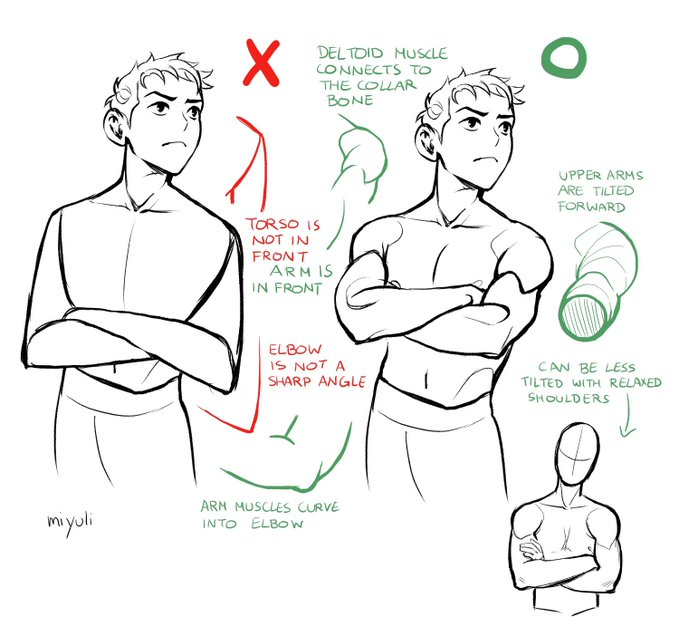
- Appointed family member might not be who you truly prefer raising your children
- Blood relatives may receive primary custody over friends or distant relatives you might want instead
- After guardian is chosen, extended family might disagree over choice & start a legal battle
- Your child could be placed in the foster system while waiting for a court decision
Legal Guardianship & Child Custody in Wisconsin: What Are the Differences?
Legal guardianship and child custody are similar in concept, but differ in several different ways. Although estate planning includes determining your child’s legal guardian, knowing the difference from child custody is important and helps you determine what is best for your family.
The major differences between both legal actions include:
| Legal Guardianship | Child Custody |
| Exercised by a person OR organization determined by the court to care for a minor | Granted only to PARENTS of the child |
Used if parents are unable to take proper care of child (e.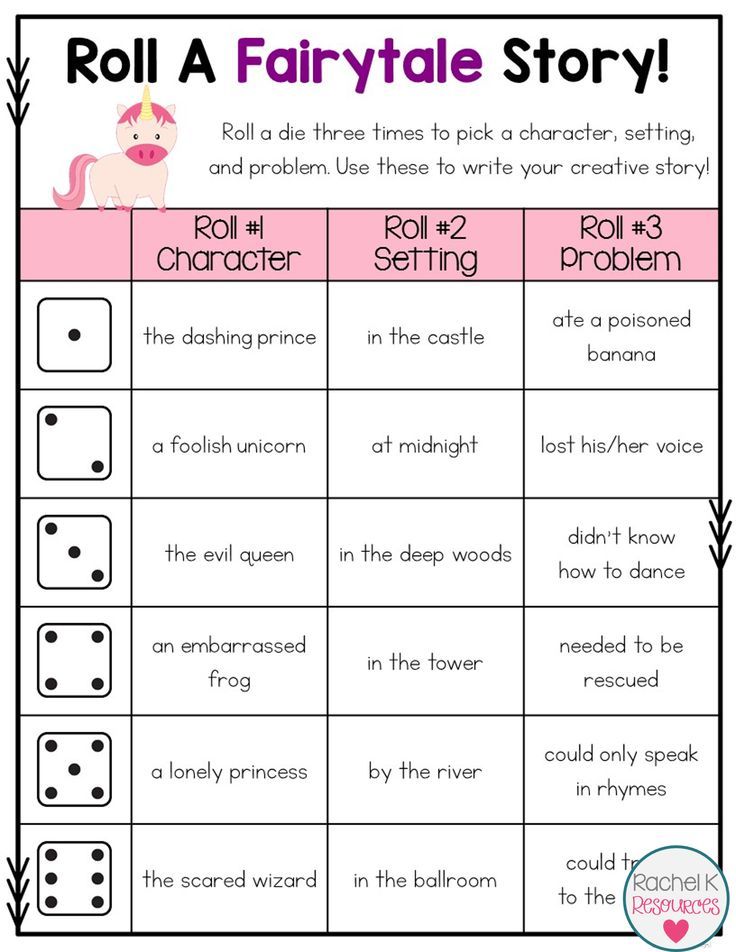 g. prison, abandonment, seriously ill, etc.) g. prison, abandonment, seriously ill, etc.) | Used to determine physical placement of child. In Wisconsin, child custody usually grants visitation rights to the non-custodial parent |
| Two types: temporary & permanent Temporary lasts up to 60+ days, while permanent ends when the minor turns 18 | Two types: legal & physical Legal involves making decisions on healthcare, religion, education, etc., and physical includes day-to-day care |
| Responsibilities include supplying food, clothing, shelter, healthcare, etc. | Responsibilities include having the right to make big decisions for the child (e.g. religion, non-urgent medical care, education, etc.) |
| Can be terminated at any time by the court, depending on the best interest of the child, or if the child turns 18 | Is terminated when minor turns 18 (19 if the child is still in high school) |
Who Takes Care of My Kids if I’m Divorced & Pass Away?
In the unfortunate event of your passing and you were divorced from your spouse at the time, who takes care of your children? Knowing your children are properly taken care of after your passing is so important and should be planned ahead of time.
Naturally, the state of Wisconsin dictates a surviving biological parent has first parental rights to the minor, even if the deceased’s will has appointed someone else. This means a non-custodial parent could receive custody ahead of your current, surviving spouse. However, there are a few exceptions:
Parent History of Child Abuse, Neglect, or Abandonment
The surviving spouse’s first parental rights can be taken away if they have been charged with child abuse, neglect, or any other harmful behavior. In this scenario, the deceased spouse’s legal will overrules the surviving spouse’s rights and the child is turned over to the appointed legal guardian.
If the surviving parent is not granted custody and there is no legal guardian named, the courts will try to arrange for children to stay with relatives. This process can take time. By naming a legal guardian in your will, you can ensure your wishes are known and your child will be raised by the people you want and trust.
Superior Guidance from Milwaukee Estate Attorneys
Angermeier & Rogers are here to lead you through the entire guardianship process and answer any questions you may have. Drafting a Last Will & Testament and naming a legal guardian for your minor children can get complicated. Trust our knowledge and professional experience in family estate planning, as well as Medicaid planning, retirement asset planning, and trust administration.
Guide to Choosing a Guardian for Your Child
Consider these tips from legal experts when selecting your child’s guardian and use this flowchart to bring up questions to ask when making your decision.
by Tom Anderson
November 01, 2019 | Money
No one wants to think about the possibility of someone else raising their child, but it’s important to have a plan for your children if something were to happen to you and your partner. As difficult as this decision is, choosing a guardian for your child is an arrangement all parents must make.
There are two types of guardians you can select — guardian of the estate and guardian of the person. A guardian of the estate is responsible for managing your child’s finances if you pass away. A guardian of the person will be the legal guardian of your child when you’re gone. If you don’t name a guardian for your children, the court will. So, it’s in your child’s best interest to handpick a guardian who matches your values and will provide a life for your little one you can feel confident about.
Before you go naming your sister-in-law or your elderly parents, you should think about a few things to make the process easier. Below are tips to consider when choosing your child’s guardian, along with quotes from real parents and a flowchart that covers questions to ask in the decision process.
1. Make a list of potential candidates
Envision the life you want for your child and begin listing out possible candidates. Start with immediate family members such as siblings and parents and work your way out.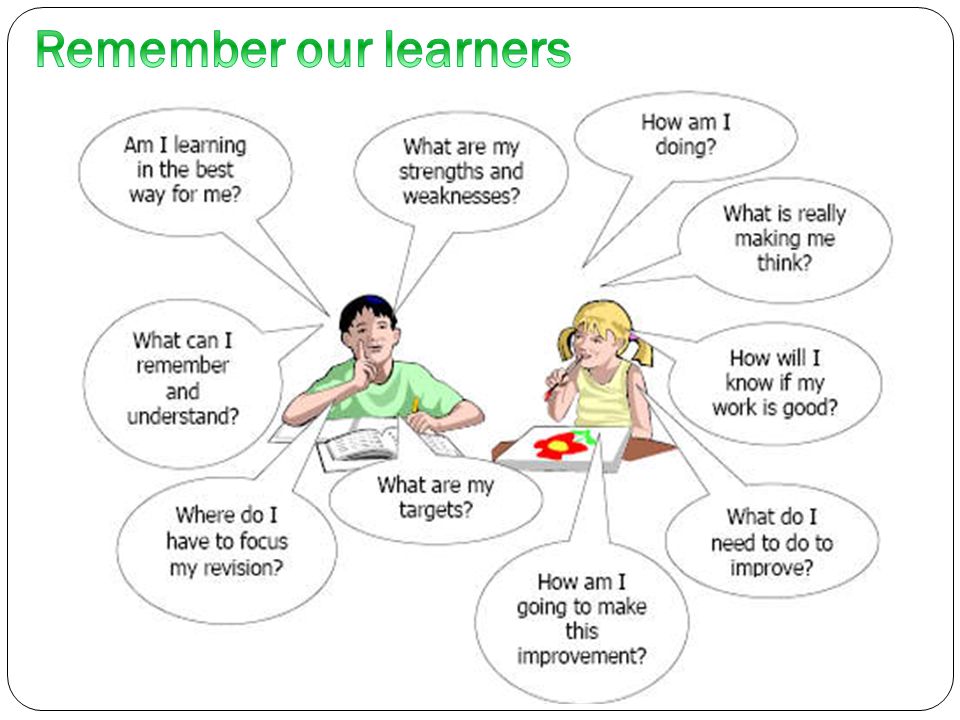 John E. O’Grady, an estate-planning lawyer in San Francisco, told Parents that “many parents feel duty-bound to choose a close family member, but you need to expand your scope for your child’s sake.”
John E. O’Grady, an estate-planning lawyer in San Francisco, told Parents that “many parents feel duty-bound to choose a close family member, but you need to expand your scope for your child’s sake.”
Sit down with your partner and write down a list of around ten potential candidates. Make sure to include family members, distant relatives and close friends. Mickey Mikeworth at Mikeworth Consulting, a private consulting service, says that she has a combined family and had to have two separate guardian plans for each of her kids because they had different parents. “For my husband’s children, we chose someone who could actually move into our home if needed. For my child, we chose a family member that he was very close to and would adopt him as their own.”
2. Consider your values compared to theirs
Consider your religious, political and moral beliefs compared to the people on your list. Carole Summers, a family psychotherapist, told Today’s Parent that you should consider your own parenting style. “Are you authoritarian, overly permissive or a firm-yet-flexible parent? You want someone who has a similar approach and who shares your values” she explains. This stability in parenting will make it easier for your child to carry on after your gone.
“Are you authoritarian, overly permissive or a firm-yet-flexible parent? You want someone who has a similar approach and who shares your values” she explains. This stability in parenting will make it easier for your child to carry on after your gone.
Denna Babul, an author, TV personality and speaker, says when choosing a guardian for her and her husband’s children, it came down to their core values. “We had family we dearly love, but realized they may or may not raise our kids with the values we hold dear to our hearts. I would say that parents need to look at the adults around them and see who they truly believe will hold their values. Do they treat others kindly? Are they charitable? Do they have integrity? Are they trustworthy?”
3. What is their family life like?
When you choose someone to be the guardian of your children, you’re selecting their whole family, not just them. Make sure their family life is similar to yours. For a lot of parents that means finding a family where the couple has a stable relationship. For others, having children for their son or daughter to bond with may be most important.
For others, having children for their son or daughter to bond with may be most important.
Joe Flanagan, community lead at DaddiLife, says that it came down to the existing relationship between the future guardian and his or her partner. “Of course, it’s important you trust the person(s), but the main thing for us was choosing a couple who were in a stable and likely ‘forever’ relationship,” he explains.
4. Are they financially stable?
While you may feel tempted to choose your sibling or family friend, make sure the guardian you’re naming is financially stable enough to take on the care of another child. Do they own a home? Have a stable job? Have any significant debt? Jess Holmes, a mother of three boys, says that she and her husband prioritized their options “by deciding who was financially in a position to take on three more children and love them unconditionally, of course. For us, it was my father-in-law.”
Your potential guardian will most likely be listed as the contingent beneficiary in your life insurance policy.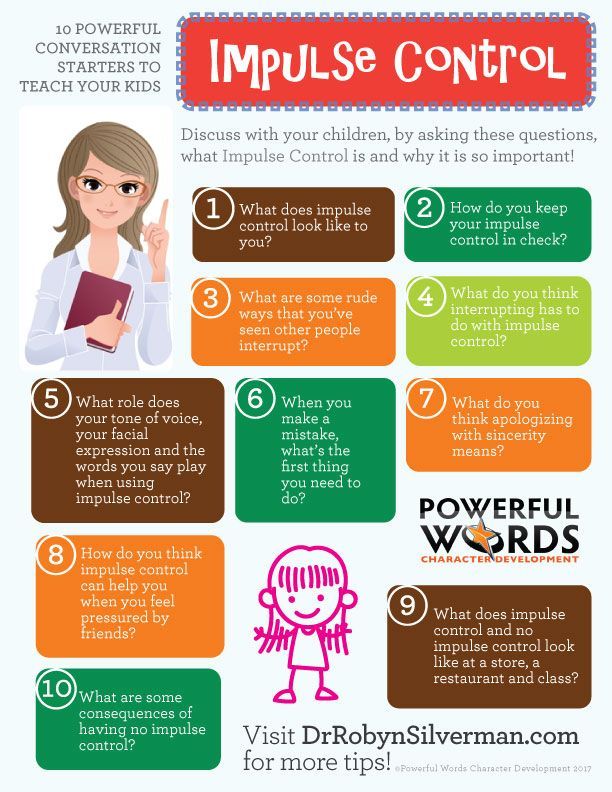 This is the person who will collect the death benefits if your primary beneficiary is unable to collect them. Be sure the person you choose is financially responsible enough to handle any finances for your children.
This is the person who will collect the death benefits if your primary beneficiary is unable to collect them. Be sure the person you choose is financially responsible enough to handle any finances for your children.
5. Where do they live?
Consider that your children will likely move into the home of the guardian you choose. Stability is vital to children, and you may not want to move your kid to a different state if you don’t have to. “A cross-country move won’t matter to a baby or a toddler, but you’d rather not uproot school-age children from their friends and familiar surroundings,” explains Liza Hanks, author of The Mom’s Guide to Wills and Estate Planning.
Think about where the potential guardian lives and if you can picture your child growing up there. If you live in a suburb, try to find a guardian who lives in a similar neighborhood to yours. Moving your child to a city could be a big culture shock, so aim to keep their living situation as close to yours as possible.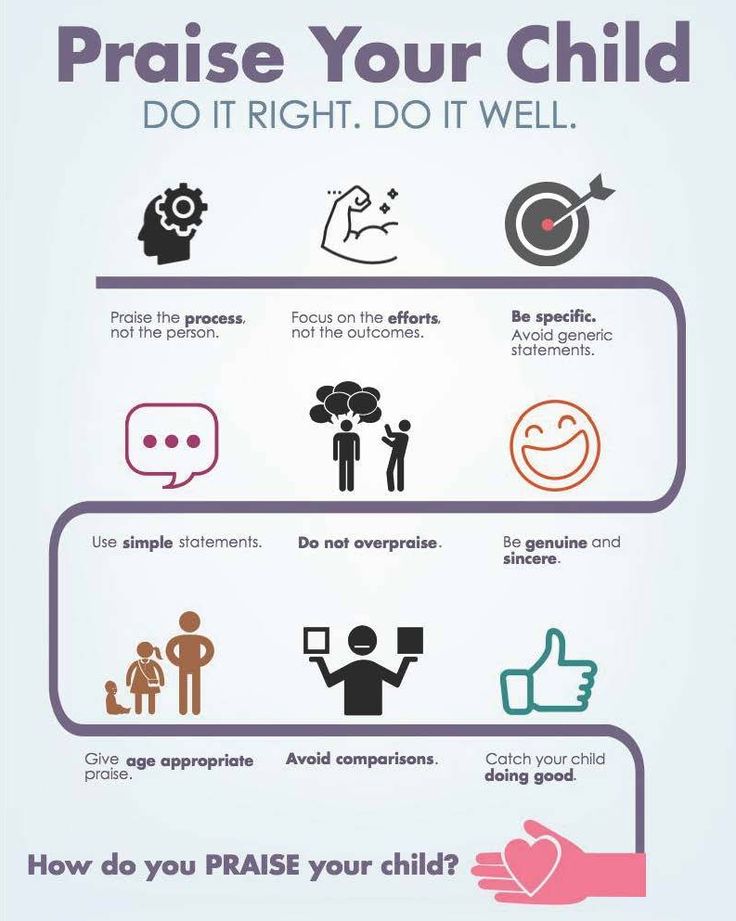
6. Take age and health into account
Your parents may seem like the best option right now, but will they be able to run after your toddler? Will they be able to take your teen to and from soccer practice? “The issue that I frequently encounter as an attorney when selecting a guardian is the potential for ‘changed circumstances,’” says David Reischer, a family lawyer and CEO at LegalAdvice.com. “I have had to change an already court-approved legal guardianship of a minor after health issues developed in the guardian.”
Checking the age and health history of each potential guardian is an important step. Make sure to select someone who will be there for your child for the duration of the guardianship.
7. Select your guardian(s)
Once you have taken all of the above into account, it’s time to select your guardian. Consider choosing two guardians if it makes sense for your situation — a guardian of the estate (someone to handle the finances) and guardian of the person (someone to handle your child’s daily life).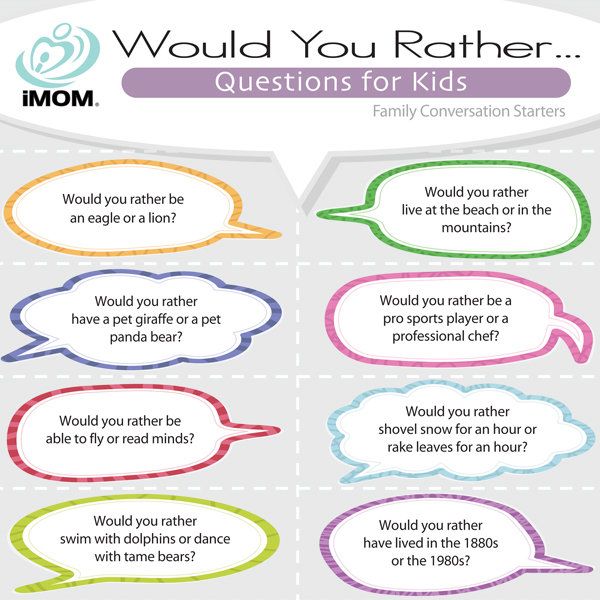 Find someone who you and your partner both agree on and who has the finances, family life and values you feel comfortable with. Consider picking a back up guardian in case they end up saying no.
Find someone who you and your partner both agree on and who has the finances, family life and values you feel comfortable with. Consider picking a back up guardian in case they end up saying no.
8. Ask permission
Asking your chosen guardian for permission is a memorable moment. “Make the ask special by writing a personal letter or sharing your heart with the couple in person,” says Denna Babul. “Allow them time to consider the ask and make it communicative.”
Start the conversation by first thanking them for always being there for you and your family. Then, preface the question by saying that you would like them to really think and consider your question since it could change their lives forever. After asking, have an open and honest conversation about your expectations and the responsibilities that come with being a guardian.
How to choose your guardian
This is the hardest part for a lot of parents because it makes the decision so final. Parents who pass away without naming a guardian ultimately leave the fate of their kids in the hands of a judge. Choosing a guardian for your children is something you must face as a parent. However, if you’re comfortable with your choice, all you have to do is name the person in your will.
Choosing a guardian for your children is something you must face as a parent. However, if you’re comfortable with your choice, all you have to do is name the person in your will.
Get together with your spouse and create a last will and testament if you haven’t already. Make sure you have the correct information for the guardian you choose and write down any specific wishes you have. Any verbal agreements you make with the guardian will not hold up in court.
No one can replace you as a parent and the thought of someone else raising your children is scary. However, if you find someone who mirrors your values, has stable finances and a family your child feels comfortable around, your child will be in the right hands if something were to happen to you and your partner. For more tips on how to choose a guardian for your children, check out our flowchart below that covers questions you should be asking yourself.
About Tom Anderson
Tom Anderson is an award-winning financial journalist whose work has appeared in CNBC. com, Kiplinger’s Personal Finance, Money, Monocle and Wired. He was a 2008-09 Knight-Bagehot Fellow in Economics and Business Journalism at Columbia University.
com, Kiplinger’s Personal Finance, Money, Monocle and Wired. He was a 2008-09 Knight-Bagehot Fellow in Economics and Business Journalism at Columbia University.
Read more by Tom Anderson
Our editorial policy
Haven Life is a customer-centric life insurance agency that’s backed and wholly owned by Massachusetts Mutual Life Insurance Company (MassMutual). We believe navigating decisions about life insurance, your personal finances and overall wellness can be refreshingly simple.
Our editorial policy
Haven Life is a customer centric life insurance agency that’s backed and wholly owned by Massachusetts Mutual Life Insurance Company (MassMutual). We believe navigating decisions about life insurance, your personal finances and overall wellness can be refreshingly simple.
Our content is created for educational purposes only. Haven Life does not endorse the companies, products, services or strategies discussed here, but we hope they can make your life a little less hard if they are a fit for your situation.
Haven Life is not authorized to give tax, legal or investment advice. This material is not intended to provide, and should not be relied on for tax, legal, or investment advice. Individuals are encouraged to seed advice from their own tax or legal counsel.
Our disclosures
Haven Term is a Term Life Insurance Policy (DTC and ICC17DTC in certain states, including NC) issued by Massachusetts Mutual Life Insurance Company (MassMutual), Springfield, MA 01111-0001 and offered exclusively through Haven Life Insurance Agency, LLC. In NY, Haven Term is DTC-NY 1017. In CA, Haven Term is DTC-CA 042017. Haven Term Simplified is a Simplified Issue Term Life Insurance Policy (ICC19PCM-SI 0819 in certain states, including NC) issued by the C.M. Life Insurance Company, Enfield, CT 06082. Policy and rider form numbers and features may vary by state and may not be available in all states. Our Agency license number in California is OK71922 and in Arkansas 100139527.
MassMutual is rated by A. M. Best Company as A++ (Superior; Top category of 15). The rating is as of Aril 1, 2020 and is subject to change. MassMutual has received different ratings from other rating agencies.
M. Best Company as A++ (Superior; Top category of 15). The rating is as of Aril 1, 2020 and is subject to change. MassMutual has received different ratings from other rating agencies.
Haven Life Plus (Plus) is the marketing name for the Plus rider, which is included as part of the Haven Term policy and offers access to additional services and benefits at no cost or at a discount. The rider is not available in every state and is subject to change at any time. Neither Haven Life nor MassMutual are responsible for the provision of the benefits and services made accessible under the Plus Rider, which are provided by third party vendors (partners). For more information about Haven Life Plus, please visit: https://havenlife.com/plus
Get our most-read stories, twice a month
Thanks for signing up. See you in your inbox soon.
What our customers are saying
Mar 29, 2023
Applying for life insurance in your 40’s is exhausting!! But at least Haven made it as easy as possible! Everything is efficiently handled through email.
 Communication is excellent, they give updates all along the way. Scheduling the bloodwork is easy and convenient. Plus, the rate was better than other companies. Easy to sign off on paperwork.
Communication is excellent, they give updates all along the way. Scheduling the bloodwork is easy and convenient. Plus, the rate was better than other companies. Easy to sign off on paperwork.Mar 28, 2023
The application was easy to complete and the rate quoted was very competitive. The amount applied for required an examination and that process was very convenient, efficient, flexible, and the medical professional was friendly and capable. The policy approved was exactly as quoted with an option to add to the amount originally applied for and I took advantage of the offer. Haven Life is a subsidiary of MassMutual, one of the highest rated companies in the insurance industry. I couldn't be happier!
Mar 28, 2023
I shopped around for a few weeks before finding Haven Life. They made the application process very easy, and I was thrilled with the competitive rate they offered.
Mar 24, 2023
The folks at Haven Life were so response and helpful during my application period.
 They were also warm and kind.
They were also warm and kind.Mar 21, 2023
This is how we should be all moving forward, fast and simple online smoothness together with actual human interaction.
How to take a child into custody in 2023: how to get guardianship
Lada Pozdeeva
talked to her mother-in-law about guardianship
Author profile
She became his guardian.
I learned from Svetlana how to take a child into custody, what is needed for this and what payments a guardian can receive from the state.
You will know
- How Svetlana made the decision
- What is custody
- The differences between guardianship and adoption
- School of adoptive parents
- Documents
- Housing Preparation
- Treaty with guardianship bodies
- Costs
- difficult. Psychological aspects of guardianship
How Svetlana made the decision
My mother-in-law has three daughters and one son. The children are already adults, and she rarely sees them. She meets with some of them only once a year.
The children are already adults, and she rarely sees them. She meets with some of them only once a year.
In 2012, Svetlana realized that her youngest daughter would also soon graduate from school and go to study in Syktyvkar. And it is 730 kilometers from their village.
At that time, my mother-in-law was 50 years old, and she did not want to stay with her common-law husband without children. It seemed to her that the big village house would be empty and lonely without them. For her, this was a reason to take a six-year-old boy from an orphanage under guardianship. The civil husband supported her.
Svetlana Pozdeeva - my mother-in-law, mother of four children and guardianBy law, guardianship is an arrangement for a family of children under 14 years of age. Guardians appointed by the guardianship and guardianship authorities are considered the legal representatives of the wards and act on their behalf and in their interests.
paragraph 1 of Art. 2 of the Federal Law "On guardianship and guardianship"
Guardianship is not adoption.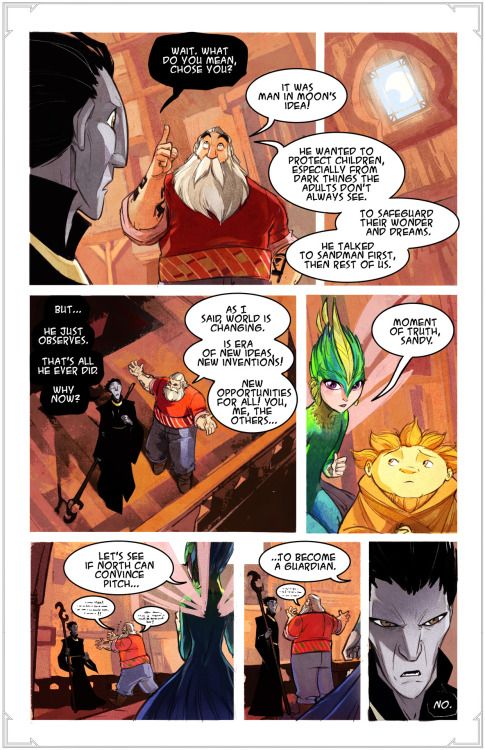 They differ in their essence, in documents, in the form of state control and in the amount of payments.
They differ in their essence, in documents, in the form of state control and in the amount of payments.
Adoption is the adoption of a child into a family as a son or daughter. It entails irreversible legal consequences. For example, an adopted child is equated in property rights with a native: after the death of an adoptive parent, adopted children are considered heirs of the first stage. A child under guardianship does not have such rights.
Art. 137, 138 SK RF
art. 1147 of the Civil Code of the Russian Federation
Svetlana did not consider adoption, because she understood that relations with a child from an orphanage might not work out.
Differences between guardianship and adoption
Paperwork. Fewer certificates are required to take a child into custody than to adopt one. For the mother-in-law, this also played an important role. She works as a social work specialist and initially understood that it was easier to get custody of a child than to collect documents for adoption.
Memo for candidates for adoptive parents
State control form. Social security checks come to the guardian more often than to the adoptive parent. For some people, this can cause psychological discomfort.
Amount of lump-sum payments. If a person adopts a child, he is entitled to a one-time payment from the region: 200,000 R for a healthy child and 250,000 R for a child with physical disabilities. These amounts of payments are valid in the Komi Republic. The adoptive parent also receives a one-time allowance - 22 909 R.
Law of the Republic of Komi on state support when transferring a child to a family
Benefits and payments to citizens with children
art. 12.2 of the Federal Law "On state benefits to citizens with children"
The guardian is not given such large amounts. He receives only an allowance - 22,909 R. Regions have the right to establish their own additional one-time payments, their amounts may vary.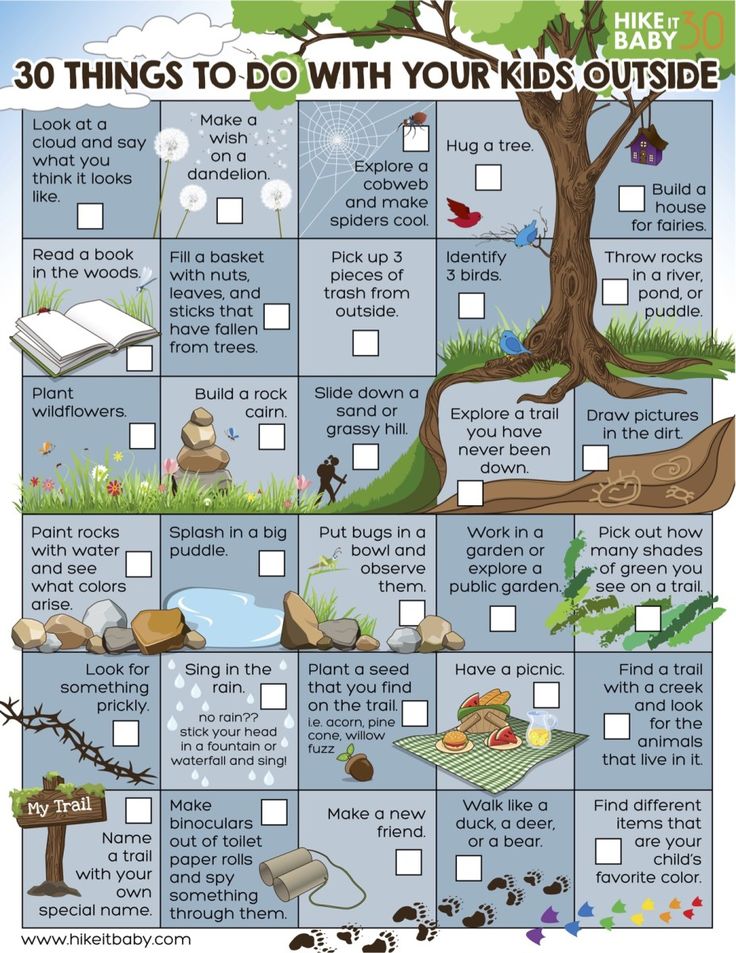
Foster Parent School
The prospective guardian must be trained at a foster parent school and receive a course completion certificate.
While studying, future adoptive parents and guardians get acquainted with the regulations in the field of guardianship, as well as with the amounts of payments and benefits. Guardianship specialists psychologically prepare people for someone else's child in the family and discuss with them stressful situations that may arise.
Order of the Ministry of Education and Science on approval of the training program for guardians and foster parents
During the courses, future guardians are given tests, memos and information leaflets with tips on raising children and helpline numbers - the guardian can call there in emergency situations.
The guardianship authorities can meet the candidate halfway and allow him to study after he takes the child into custody. And some caregivers take these courses two or three times to learn how to get along with the child.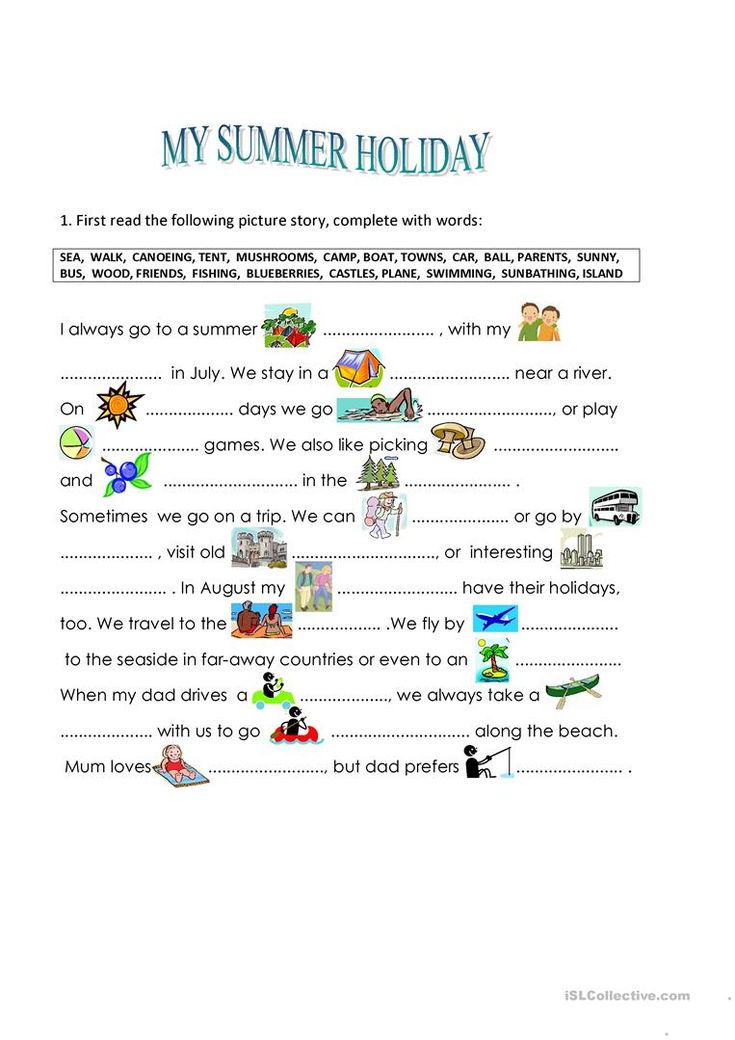
Documents
The future guardian must submit a package of documents to the guardianship department at the place of residence:
- Application for the desire to become a guardian.
- Certificate of no criminal record.
- Certificate of employment indicating the average salary or certificate of employment of the spouse of the person who has decided to become a guardian. You can also submit another document that confirms the income of the candidate or his spouse.
- A copy of the marriage certificate, if the guardian is one.
- Consent of adult family members to accept a child into the family.
- A copy of the guardian training certificate.
- Autobiography.
- Conclusion on the results of a medical examination.
clause 4 of the Rules for the selection of guardians
Application form of consent of adult family members living together to accept a child into the familyPDF, 212 KB
The candidate for guardianship will have to check whether he has any medical conditions that may prevent him from taking the child into care.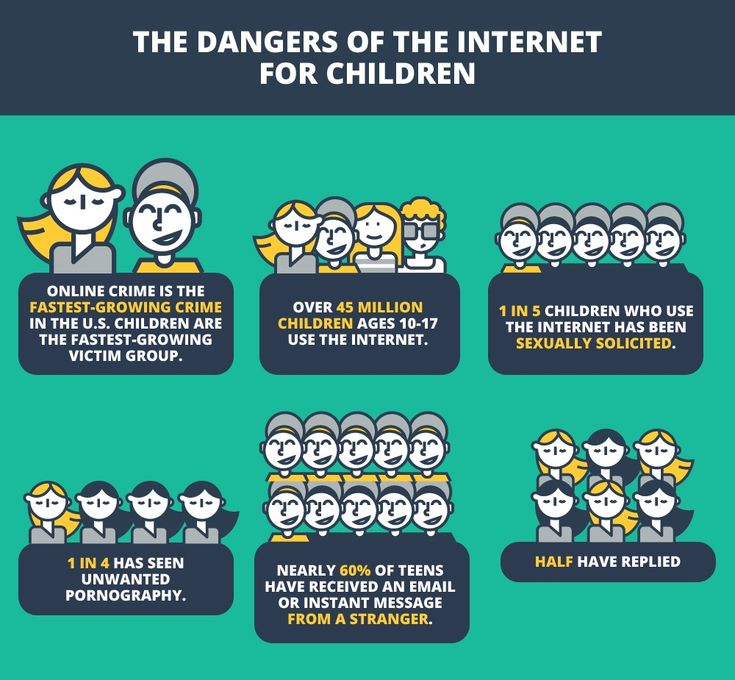 For example, these include mental disorders and alcohol addiction. People with disabilities of the first group cannot take a child under guardianship.
For example, these include mental disorders and alcohol addiction. People with disabilities of the first group cannot take a child under guardianship.
List of diseases that may prevent you from becoming a guardian
All documents must be up to date. A certificate from the place of work is valid for a year, a health certificate - for 6 months.
Svetlana believes that her pedagogical education helped her to pass the selection process and become a guardian. She told about him in her autobiography. In the same place, she wrote that the common-law husband had been a cross-country skiing coach for many years and worked with children.
The guardianship authorities also asked Svetlana for a reference from work, although this document is not specified in the law. It was not difficult for Svetlana to obtain all these certificates, extracts and certificates. Instead of copies, you can bring original documents to the guardianship authorities. Specialists will make copies themselves.
Documents can be submitted via the Internet: on the website of public services or on the official website of the guardianship and guardianship authorities in your region. You can also do it at the nearest MFC.
clause 5 of the Rules for the selection of guardians
Guardianship authorities will verify the information within two business days from the date of submission of the application and documents.
Art. 146 SK RF
Preparation of housing
Having submitted documents to the guardianship authorities, the future guardian must prepare housing for inspection by specialists. Within three working days after the authorities confirm the information provided by the candidate, they will check the living conditions and draw up a special survey report.
clause 8 of the Rules for the selection of guardians
The guardian's house should be clean, a corner and a sleeping place should be equipped for the child, and toys should be bought. During the visit, specialists from the guardianship authorities will ask about the relationship between family members.
During the visit, specialists from the guardianship authorities will ask about the relationship between family members.
In some cases, guardianship officials may not inspect the candidate's house - for example, if a person has a positive reference from work.
When the act of examining housing conditions is ready, the guardianship authorities must make a decision on the candidate for guardians within 10 working days.
If the decision is positive, specialists will issue a conclusion on the person's ability to be a guardian - it is valid for two years.
paras. 9 and 11 of the Rules for the selection of guardians
Choice of the child
After receiving the opinion, the future guardian must select the child he wants to take into the family. First you need to decide on the age and gender, and then get to know the child in order to understand whether the guardian and the child can live together.
You can find a child in an orphanage or on special websites, such as "Orphans" or "Adoption in Russia".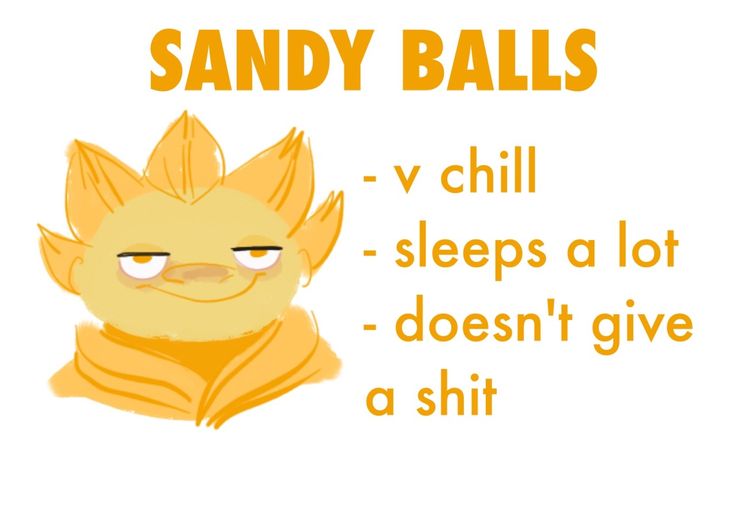
About the database of children left without parental care
The Adoption in Russia website is a project of the Ministry of Education and one of the main resources for finding a child. There you can choose a ward or ward of a certain age. The site has a search for different regions.
More information about children who can be taken into the family is published by foundations and news sites. Each region has its own information sources where data on children left without parental care are posted.
Svetlana met the child in the office of the guardianship authority. She took a liking to the boy right away. With the consent of the guardianship specialists, she took him for the weekend. Since then, the child began to live with Svetlana, she decided not to give him away.
Svetlana immediately noticed that the boy is often overexcited. She believed that this was due to his difficult fate. The child also had psychological trauma and poor eyesight. This did not frighten the mother-in-law: she already had experience in raising difficult children.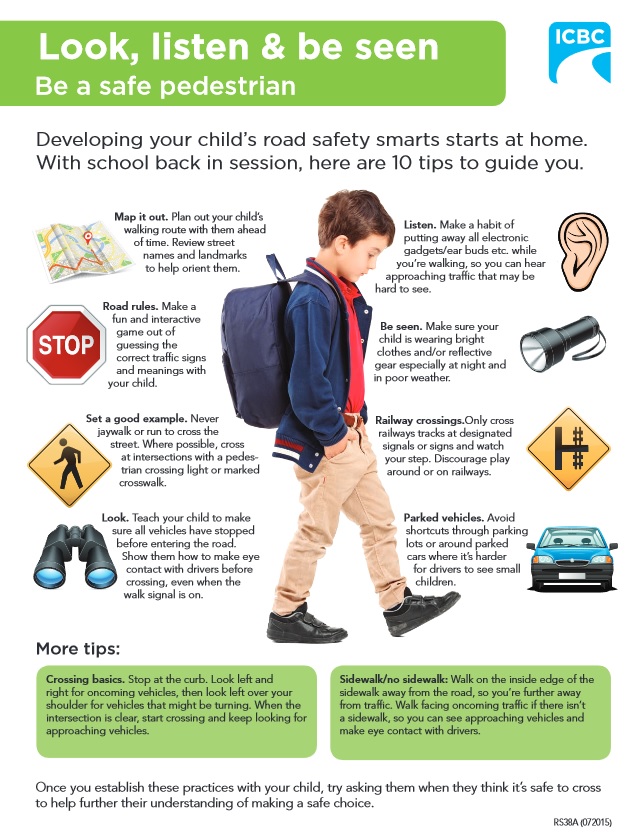
Having taken the boy from the orphanage, Svetlana understood that she would have to take him to the republican hospital and bear the costs of treatment. But this is the choice of the mother-in-law - healthy children also live in shelters.
Agreement with guardianship authorities
Such an agreement is concluded if necessary, if it is in the interests of the ward. Child custody is by default free of charge. The guardian receives only child benefits, which he is obliged to spend strictly on the child. The amount of the allowance is established by regional legislation. But a guardian or candidate for guardianship may conclude an agreement with the guardianship authorities on the performance of all duties for a fee and receive additional cash payments. To do this, you need to write a special application.
Art. 16 FZ "On guardianship and guardianship"
Sample agreement on a foster familyPDF, 98 KB
If you sign such an agreement, the guardian will be paid a fee for raising the child.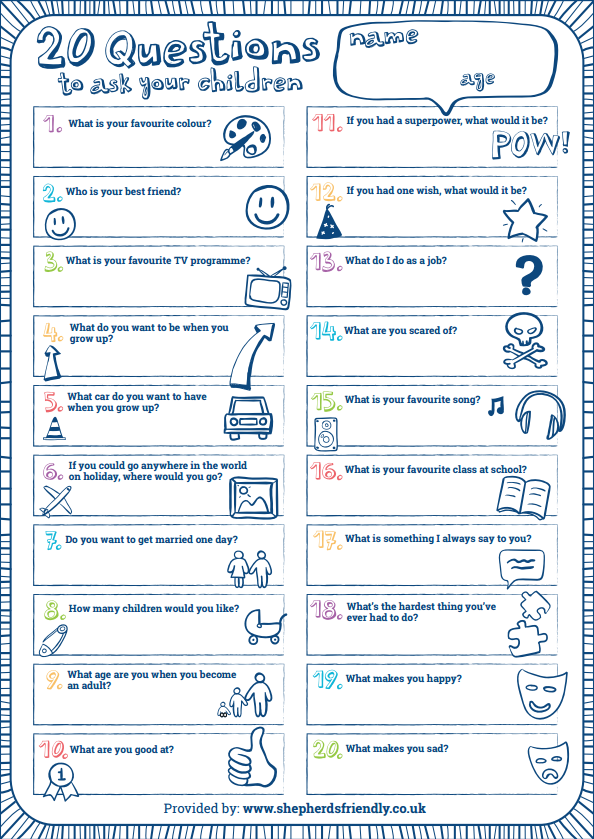 There is no need to report to the state for this money. Svetlana is also a contractual guardian.
There is no need to report to the state for this money. Svetlana is also a contractual guardian.
clause 9 of the Rules for the selection of guardians
After collecting all the documents, submitting applications and choosing a child, specialists from the guardianship authorities draw up an act on the appointment of a person as a guardian.
Costs of care
The activities of the guardian and the quality of life of the child are constantly monitored by the guardianship and guardianship authorities. Svetlana lives in the Ust-Tsilemsky district of the Komi Republic and, as a guardian, is attached to the local center for social protection. Once every six months, she receives checks from the guardianship authorities. Specialists look at the appearance of the ward, whether he has clothes and shoes for the season. They also ask the guardian about how the child communicates with peers, with family members.
Art. 24 of the Federal Law "On guardianship and guardianship"
Specialists also control the conditions in which the child grows up. In order to maintain the conditions of his life at the proper level, constant costs are needed to update repairs, purchase books, toys.
In order to maintain the conditions of his life at the proper level, constant costs are needed to update repairs, purchase books, toys.
The child must live with a guardian
By law, the guardian and the child must live together. Separation is allowed only when the child is 16 years old. This is possible only with the consent of social workers.
st. 36 Civil Code of the Russian Federation
Guardians must notify the guardianship authorities of any change of residence.
Personal space. In an apartment or house for a child, there must be a separate bed and a play area. In the act of checking the living conditions of a minor ward, which is compiled at each check, there is even a corresponding line.
If the child does not have a furnished personal space, the guardian will be obliged to equip it.
Cleanliness and order. The house should be clean: the floor and dishes are washed, the dust is wiped off.
At the time of the check, the kitchen must have cooked food, and the refrigerator must have food supplies for at least two days. Some welfare officers even look into pots to find out what the child is being fed.
Svetlana's ward loves to play consoles. His favorite game is TanksRepair. Every year Svetlana makes cosmetic repairs in the child's room. For example, she paints the floor and windows, glues wallpaper. It takes 2500-3500 R per year.
It is necessary to make annual repairs because the guardianship authorities carefully ensure that the child lives in a clean and renovated room. And if in ordinary families the repair in the room can be done when the parents themselves want it, in the guardian family, the guardianship authorities will ensure that it is always fresh.
The amounts Svetlana spends on supporting her son vary from month to month.
At first, the boy had clothes left over from his life in his family. This helped the mother-in-law save money in the first months of guardianship. At the same time, specialists from the guardianship authorities advised Svetlana not to buy expensive toys for her son, because he quickly broke them. Instead, they offered to purchase inexpensive construction sets so that the child develops fine motor skills of the hands.
At the same time, specialists from the guardianship authorities advised Svetlana not to buy expensive toys for her son, because he quickly broke them. Instead, they offered to purchase inexpensive construction sets so that the child develops fine motor skills of the hands.
Svetlana regularly gives her ward something that goes beyond the budget. For example, over the past year, she bought him a smartphone, new clothes for school, as well as a jacket and trendy sneakers.
On the wall in Svetlana's house there is a daily routine of her ward. Warm clothes and shoes for a child are one of Svetlana's most significant expenses. She lives in the north, so she has to be responsible in the choice of children's winter clothesHow much does guardianship cost
| Already purchased | |
|---|---|
| Clothing and footwear | 7000 R |
| Desk | 4000 R |
| Toys and books | 3000 R |
| Bed | 2000 R |
| Chair | 1500 Р |
| Total | 17 500 Р |
Already purchased
Clothing and footwear
7000 R
desk
4000 4000 R toys and books
3000 3000 R
bed
200002 SELE
1500 R
CON Had to spendI had to spend
trips to the guardianship authorities and hospital
2000 R
Paid physical examination
1500 R
toys and books
1000 r 9000
1000 R0003
Total
5500 R
| Expenses | Per month | per year |
|---|---|---|
| Home and school meals | 8000 R | 96 000 Р |
| Transport and medicine | 3000 R | 36 000 R |
| Unexpected expenses | 2500 R | 30,000 R |
| Clothes and toys | 2000 R | 24 000 Р |
| Large purchases | - | 15 000 R |
| Room renovation | - | 3000 R |
| Total | 15 500 R | 204 000 Р |
Costs
per month
per year
Power supply house and at school
8000 R
96 000 R
Transport and Medicine
3000 3000 r
36 000 R
Unexpected expenses
2500 R
30 000 000 000 0002 Clothing and toys
20000 2 24 000 2 24 000 R
Large purchases
-
15 000 R
Repair in the room
-
3000 R
Total
15 500 R
204 000 R
Payments for a child under guardianship of
First, guardianship authorities give the guardian a single payment. In 2012, when the child was transferred to the family, Svetlana received about 14,000 R. The region also transferred 10,89 monthly9 R - this money must be spent on a child and accountable for them to the state. Every other month, Svetlana was given 1410 R to repair the house.
In 2012, when the child was transferred to the family, Svetlana received about 14,000 R. The region also transferred 10,89 monthly9 R - this money must be spent on a child and accountable for them to the state. Every other month, Svetlana was given 1410 R to repair the house.
Art. 12.2 of the Federal Law "On state benefits to citizens with children"
Art. 37 Civil Code of the Russian Federation
art. 3 Law of the Republic of Komi on state support when transferring a child to a family
Every year, the amounts of payments are indexed: for example, from February 1, 2023, a one-time payment to a guardian is 22,909 R. The amounts of other payments depend on the region and the age of the child under guardianship.
In addition, the boy's bank account receives alimony from his own father. But this money cannot be used without the knowledge of the guardianship authorities. Svetlana once removed alimony to buy clothes and a bicycle for her son.
At first, Svetlana was a guardian for free and did not receive monthly payments.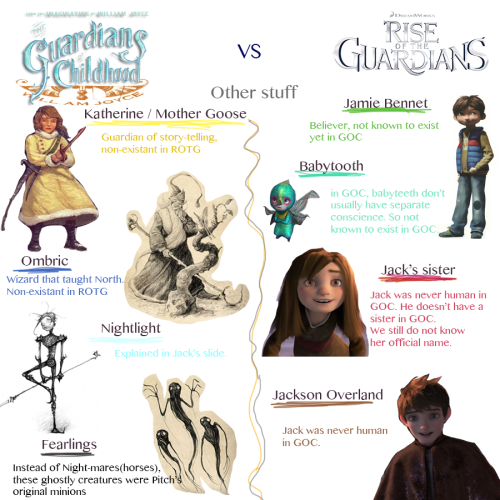 In 2014, social security specialists offered her to conclude an agreement on paid guardianship: she went with her son to doctors in Syktyvkar several times a year and spent a lot of money on it. Svetlana agreed to such help. After that, according to the agreement, she, as a guardian, began to receive about 8,000 RUR from the region every month. This money does not have to be spent only on a child.
In 2014, social security specialists offered her to conclude an agreement on paid guardianship: she went with her son to doctors in Syktyvkar several times a year and spent a lot of money on it. Svetlana agreed to such help. After that, according to the agreement, she, as a guardian, began to receive about 8,000 RUR from the region every month. This money does not have to be spent only on a child.
Art. 16 of the Federal Law "On guardianship and guardianship"
paragraph 6 of the letter of the Ministry of Education and Science No. 06-364
Svetlana also enjoys benefits for the rest of the ward. For example, she sent him to a camp and a sanatorium on discounted vouchers. The boy went to the camp from school as a child from a foster family, and to the sanatorium from the hospital on the testimony of a doctor.
Decree of the Government of the Republic of Komi on the development of a system for the rehabilitation and recreation of children
Every year, no later than February 1, the guardian submits to the guardianship and guardianship authorities a written report on the expenses for the child on a special form. It reflects how the guardian used the state allowance and disposed of the property of the ward.
It reflects how the guardian used the state allowance and disposed of the property of the ward.
Art. 25 of the Federal Law "On guardianship and guardianship"
It also records how much money the guardian spent on the treatment of the child and on durable goods. The report is accompanied by checks that confirm the costs.
paragraph 1 of Art. 148 SK RF
Svetlana lives in a village, and some stores there simply don't issue checks. But especially for the report, she asks the sellers for them. Checks are not needed just for food, basic necessities, and household items such as soap, toothpaste, and brushes.
The report of the guardian is kept in the personal file of the ward.
Svetlana keeps a notebook where she writes down the expenses for clothes, toys and other things for the ward. Sometimes the guardianship authorities require such notebooks as additional evidence of how she spent the allowance on her son. The annual amount of expenses for a child must not be lower than the amount of payments received for himDifficulties
If the guardian does not pass one of the regular social security checks or shows himself on a negative side, the guardianship authorities can take the child.
Art. 148.1, 65 SK RF
Art. 36 of the Civil Code of the Russian Federation
The following situations are also unacceptable for a guardian:
- The child is systematically left at home without adult supervision.
- No food at home.
- The guardian abuses alcohol, and this was recorded by social workers or confirmed by witnesses.
- A child comes to kindergarten or school dirty, in torn clothes.
- The child himself complained to the guardianship authorities about the guardian.
To raise a child, a caregiver must lead a healthy lifestyle and be positive in every way.
Svetlana's ward has problems with studies. Guardianship specialists know that the boy is not doing well in some subjects. They are periodically interested in whether there are improvements in the development of the school curriculum and why difficulties arise. Svetlana has to constantly motivate her ward to study well so that the family does not have problems with guardianship authorities.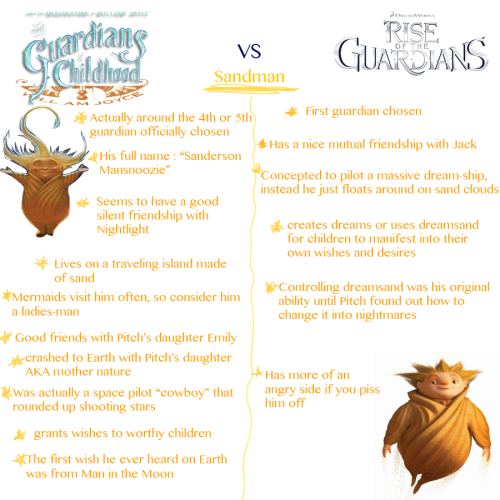
Psychological moments of guardianship
At the beginning of guardianship, Svetlana did not bring guests to the house. It was the advice of the guardianship authorities - so that the child quickly adapts to the new environment. The future guardian must be ready to temporarily limit ties with the outside world and fully devote himself to the child being cared for.
Svetlana sometimes quarrels with the ward and takes the boy's pranks and misdeeds very close to her heart, which makes her very nervous. But when everything is fine, Svetlana is happy. Most of their life passes in mutual understanding. The boy calls Svetlana mom.
Svetlana's own children accepted her choice: to raise a child from an orphanage. They communicate with the boy on an equal footing and do not focus on the fact that he was not born in their family. This is important for both the guardian and the ward.
This is important for both the guardian and the ward.
Remember
- Child custody is a big responsibility. Especially if the ward has health problems. The guardian needs to be ready to take the child to doctors, take him to other cities for examinations and send him to sanatoriums.
- Being a guardian is not a way to earn money. Rather, on the contrary, state payments for the maintenance of a child are not always enough.
- The guardian needs to find out from the guardianship authorities and the school about all possible types of social assistance for the child - preferential vouchers and additional payments. This will help reduce family expenses.
Page not found
Rules for entry into Turkey for Russians in 2023
0013
How to use Midjourney to generate drawings and correctly compile requests
Rules for entering Georgia in 2023
90002 See all
Spending diaries
Investments for beginners
Financial pillow
Benefits from the state
How to rent an apartment
How to extinguish a loan
Diaries of expenses
Investments for beginners
Financial pillow
9000
9000
9000
9000
9000
9000
9000
9000
9000 9000
How to repay the loan
See all
30 estates near Moscow that you should visit
How to retire early
How much are the coins in your wallet
How a man came for a pension that he had not withdrawn for many years. But there was nothing to receive
Buy a new building: how to choose a reliable developer
How to get compensation for Soviet deposits
907.23 903
who are open for tourists from tourists from tourists from tourists Russia
Poor medicine and difficulties with socialization: why we decided to leave Canada
How to issue a gift for share
9000 9000Suspic SMS with activation codes from various services
How to choose the right condom: detailed instructions
0006
How I ordered a car from Japan
